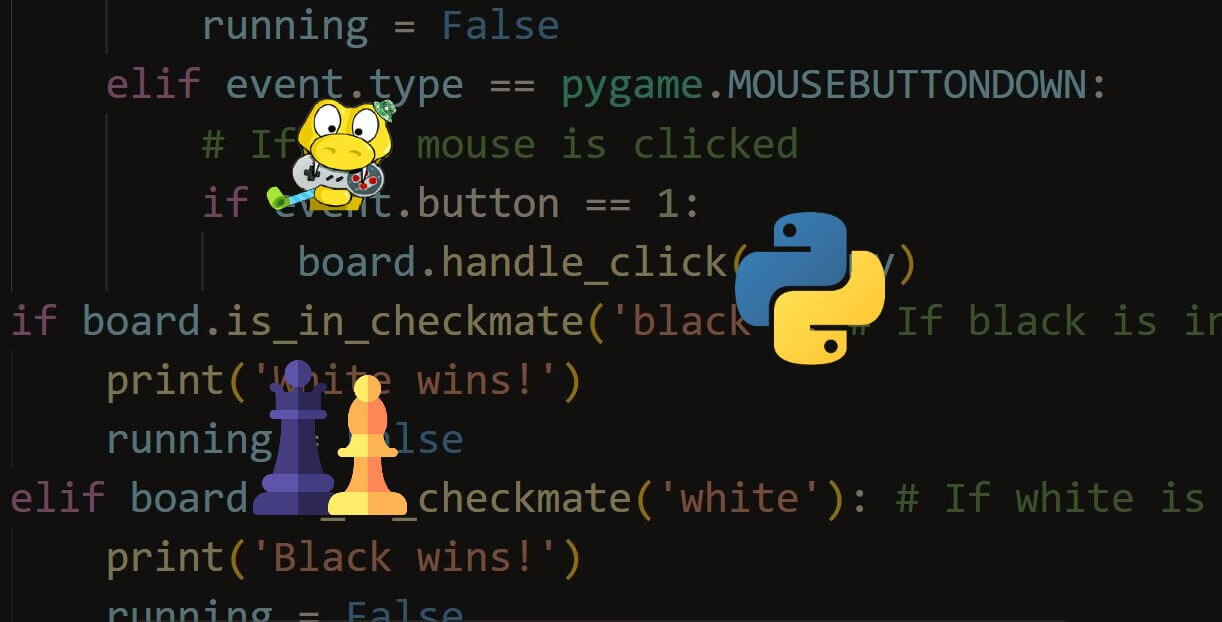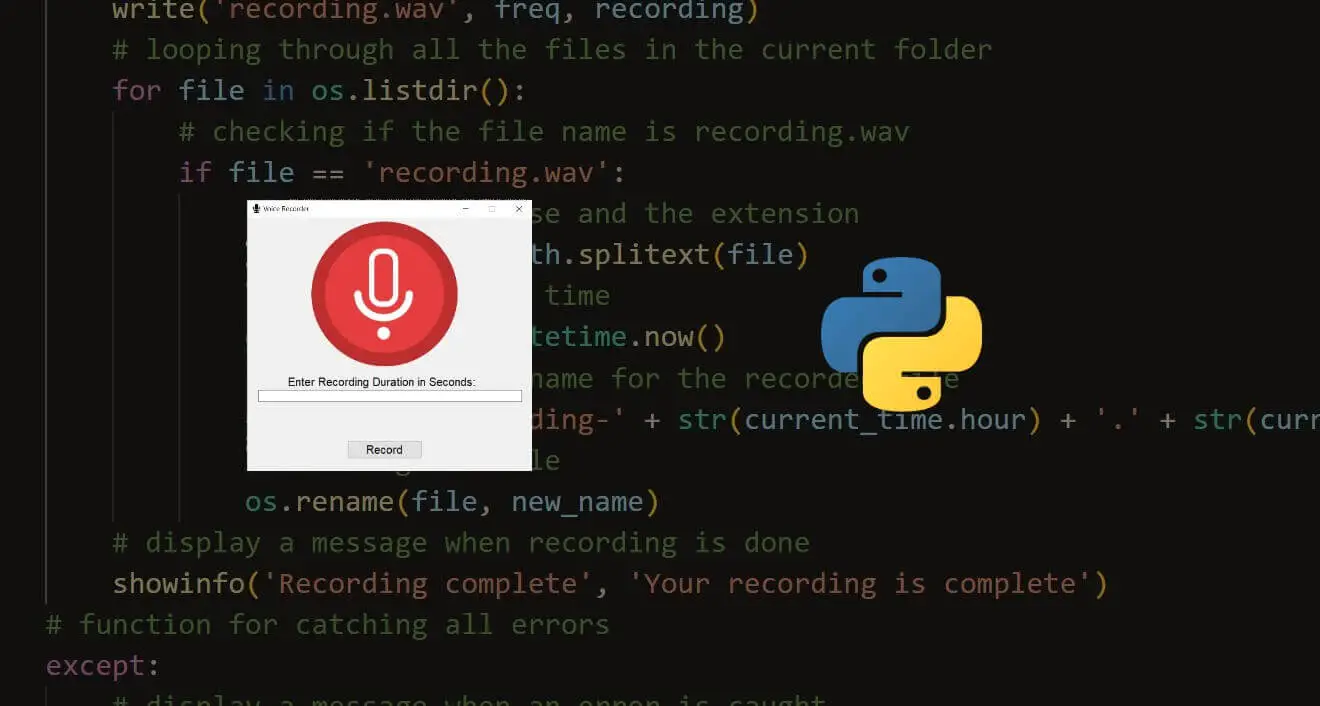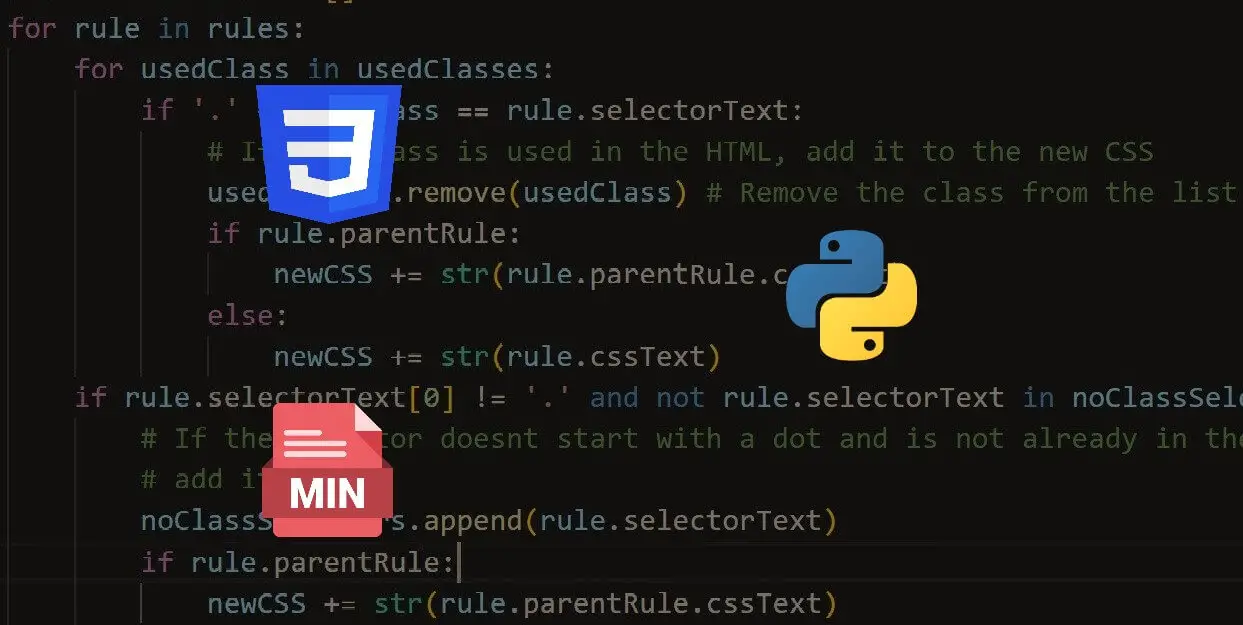Get a head start on your coding projects with our Python Code Generator. Perfect for those times when you need a quick solution. Don't wait, try it today!
Table of contents:
- Why You Need Programming
- Who can become a programmer?
- The Three Stages of the Profession
- HTML
- JavaScript
- Python
- Working with Mentors
- Self-study
- What to study?
Why You Need Programming
Programmers are in great demand in the labor market. Demand is the root cause of all the other factors. Good working conditions, high salaries, and loyal bosses. All this looks very, very attractive. The programming profession is the only social elevator in our time. You do not need rich parents, extensive connections with all sorts of "right people", a prestigious higher education, and other attributes of successful people these days. All you need is the ability to create computer programs or websites. You can start programming while living in the most remote and unprestigious province. And achieve fantastic success in life.
After you finish your apprenticeship, you will never have a worse life. It will be very difficult. Even purely psychologically, the profession is relaxing. You will not fear crises, wars, natural disasters, and bad bosses. Because you can move anywhere at any time and change jobs.
To increase your chances of getting a position at a good company, we recommend you write a short essay about yourself and why you want to work at this particular company. After you have written it, you can contact the edit my paper service to get help in editing your essay. It should be at the highest level.
Who can Become a Programmer?
Now, a little bit of tar. Anyone who can work with their head can become a programmer. In essence, headwork is as hard as hard physical work. The brain takes a lot of nutrients and energy. It should be forced to work by willpower.
You do not see more people who like to work with their heads than people who like physical activities. We all know how many people can volunteer to exercise in the morning and go to the gym regularly for years. About the same number want to load their brains with work voluntarily. It will take willpower and patience. If you are willing to solve complex, "unsolvable" problems for more than a year, you can become a programmer.
Of course, in this part, I had to list what kind of education you should have. What courses, diplomas, and competencies should you have? But all of this is secondary. Because diplomas, competencies, and courses can be acquired. If you are not ready to gnaw the granite of science, you will not get anything. Otherwise, you can gain all the necessary knowledge in six months. At least, the task of learning programming is an order of magnitude more complicated than that of a simple user. Good knowledge of the computer is the duty of any programmer!
The rest of the knowledge, such as foreign languages and even mathematics, can be considered unimportant initially.
Of course, there will remain people asking: "Wait a minute!!! What if I am stupid (old, disabled, etc.)? What's my IQ supposed to be?"
Programming is a separate branch of science. It is related to mathematics in some way. But it can also be linked to linguistics. Surely, individual programming techniques are connected to something else. So it's not easy to say whether you can do it or not.
The Three Stages of the Profession
1) The trial period.
You have to try this type of activity.
The fact is that mastering a profession takes six months or even a year of study. And you need to figure out as early as possible whether you can or can't. It's worth investing your time and even money. Or wait for disappointment.
In this period, you need to learn 2-3 technologies of real programming. But they should not require a lot of time to master. If you can handle it, spending the promised six months to a year on the next stage makes sense.
2) Self-study
If you have passed the previous stage, you can invest your time in mastering the profession.
3) Internship
Your first job and first money.
Many people think programming is difficult; you must know a lot to work as a programmer. And this is true. If it were easy, they wouldn't get paid such big salaries.
On the other hand, many books are freely available. And most of them are of high quality. Professionals from big companies tend to write huge books or articles describing their invaluable experience to others. Strange people, of course. Instead of getting a huge amount of money for their work, they do book writing, for which they get paid less if not nothing at all. These "oddities" will be discussed later. For now, we must clearly understand that this profession has few secrets. Most of the questions can be solved by searching on the Internet. Therefore, despite the complexity, programming is one of the most accessible professions.
HTML
A very simple markup language. To be more precise, it is not even a programming language that everyone is used to. You can't write "what to do in the store" in it. It's a markup language that you'll find on any web page.
As you learn HTML, you will continually encounter references to CSS. Learning it is not necessary at this stage. But if you're into CSS, it's a great asset.
JavaScript
This is a "real" programming language. Its study is closely connected with HTML. This is where the first real difficulties await you. Although the language has many tutorials, video lessons, and many sites, everything is chewed up to the smallest detail. This will be a real challenge.
Surely, someone can't wait to learn C, Python, or even Haskell. But even if you're going to be a systems programmer. Chances are, sooner or later, you'll run into HTML and JS if you're interested in web development.
One of the reasons you chose JS as your first programming language is its applicability in many different areas. Starting with client-side web page logic. From the JS-like language QML, where the developers of the Qt framework drag us by the ears.
Every tutorial contains exercises. In the beginning, you have to do these exercises. The more, the better!
However, there are two small categories of people who can replace JS with something else:
- Those who have good mentors in other programming technologies. For example, a brother/sister who works as a C systems programmer. And he is willing to help you. In this case, C may be preferable. But as far as I know, many programmers are web programmers. So in all likelihood, JS will be the right choice.
- People who need some other language right now for work, such as learning Python for data science and machine learning, Dart and Flutter for cross-platform apps, SQL for database engineering, and many more examples.
Python
Python is a wonderful language that is very useful to all mathematicians and statisticians because it opens the door to the world of AI and data science. On the other hand, it is a web development language for everyone else.
Working with Mentors
A small set of rules for dealing with various experienced professionals, mentors, etc:
- Before you ask, you should try to find a solution yourself.
- Try to ask only what is not described in books, documents, and on the Internet. Otherwise, you will be sent there.
- If you are sent somewhere, you have to go there. Otherwise, the mentor will go there himself and find a solution. That will spoil his opinion of you.
- So that the mentor doesn't stand at your desk for hours and watch your every move, you need to group your questions. Ask them "in bulk," which accumulated at once. Not as they arise.
- Questions are best asked when your forward movement is blocked. If there's more to do other than that, do it. It, too, can generate questions. Which are better asked together?
Self-study
After mastering the basics of your programming language, you already have a good idea of what it's like to write program code.
And you're ready to spend six months to a year mastering the profession. And no less importantly, it is a matter of time for you.
What to study?
All people who want to learn a profession can be divided into two categories: amateurs and professionals.
Amateurs, people who like this activity. And they are ready to do it even for free. Sacrificing time that can be spent on entertainment, recreation, etc. Once you have tried it, you will know whether you like programming. Amateurs have one very good quality. You don't have to motivate them. They will work hard and diligently and enjoy gaining new knowledge.
On the other hand, professionals are only willing to do it for the money. Or for the prospect of getting it. Professionals need to be motivated. And they practically always stop their development when they get a good job. Even a salary increase of twice as much can be an insufficient reason for them to continue their studies. As a rule, only amateurs are suitable for advanced training.
Any person needs to understand which activity he or she likes best. Because one's comfort in life depends strongly on it. It is a common misconception that work is only for making money. However, it is a huge part of life. You can be creative, social, and so much more at work. If you go to a job you don't like for the money, you have to compensate for it somehow with entertainment and recreation. As a result, there may not even be enough money to compensate.
The highest-paid professionals are the amateurs with experience. They get the most pleasure from work and life. So, at this point, you need to decide what you like best.
Learning at this stage is aimed at raising your skills to the maximum. You will be raising the market price of your labor. Be sure that all that you lose because of programming at this stage will return many times.
I hope this article will help everyone who wants to learn about our wonderful profession. If you need help writing an essay about yourself, don't hesitate to contact the best essay writing service online to get the best one. We wish you success and become one of the best Python programmers.
Let our Code Converter simplify your multi-language projects. It's like having a coding translator at your fingertips. Don't miss out!





Got a coding query or need some guidance before you comment? Check out this Python Code Assistant for expert advice and handy tips. It's like having a coding tutor right in your fingertips!